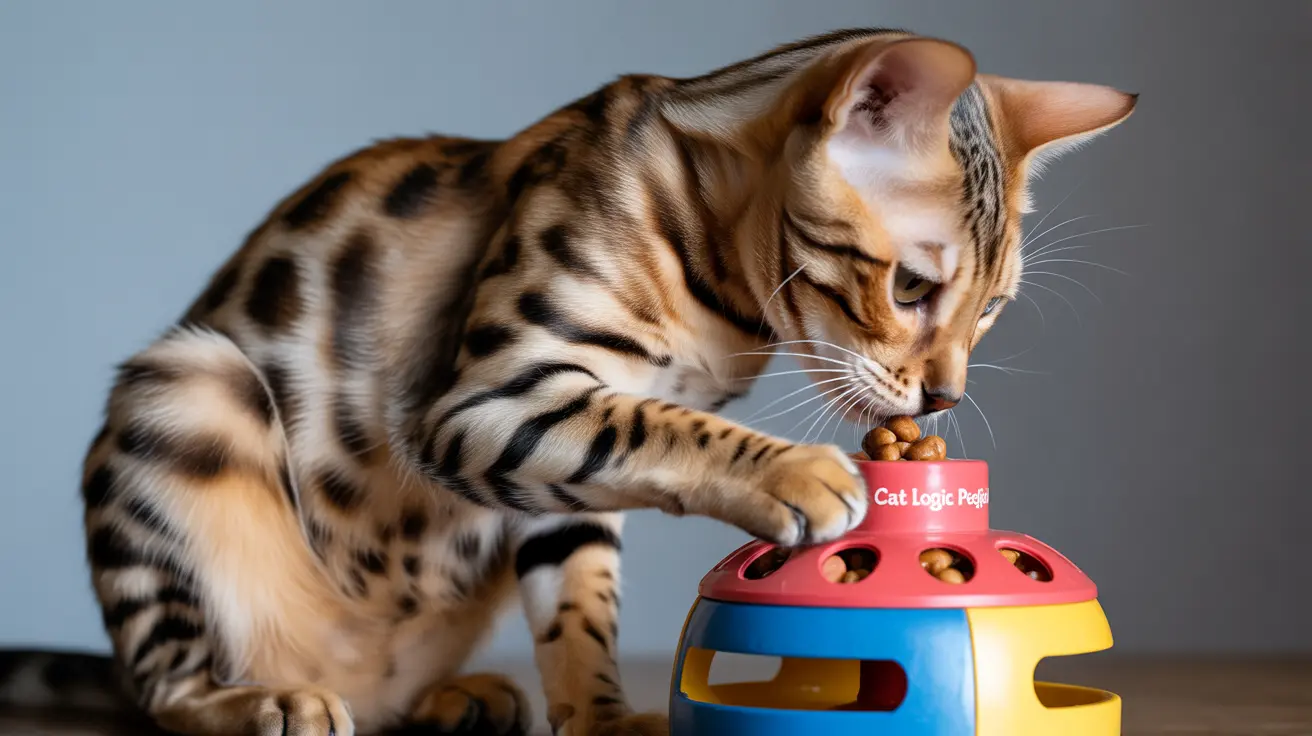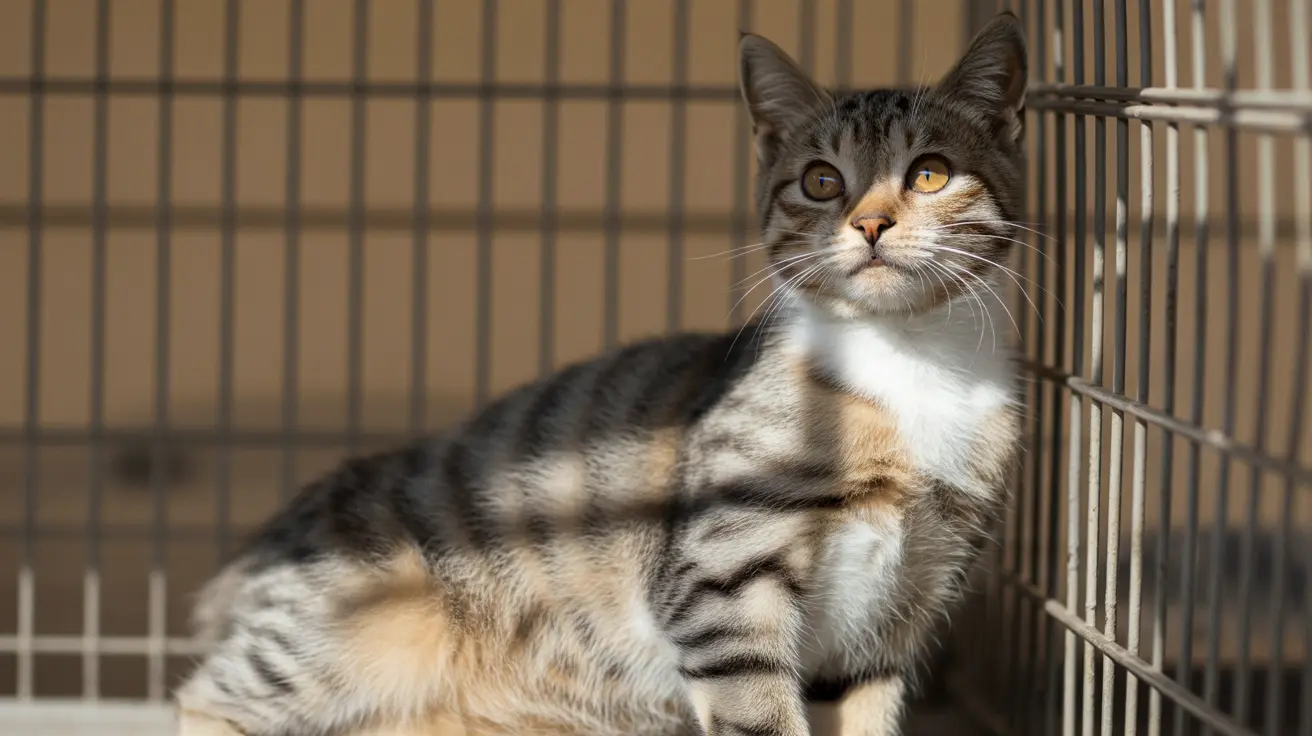Every cat parent wants their beloved feline friend to live a long, healthy, and happy life. With proper care and attention, domestic cats can live anywhere from 13 to 20 years, with some exceptional cats even reaching their 30s. This comprehensive guide will explore proven strategies to help your cat achieve optimal health and maximize their lifespan.
Understanding the factors that influence your cat's longevity is the first step toward ensuring they live their best life. From nutrition and veterinary care to environmental enrichment and preventive health measures, let's dive into everything you need to know about extending your cat's life.
Essential Components of a Long-Living Cat's Life
Nutrition: The Foundation of Feline Health
Proper nutrition forms the cornerstone of your cat's longevity. Research shows that cats fed a balanced, high-quality diet specifically formulated for their life stage can live significantly longer than those on generic or poor-quality diets.
Key nutritional considerations include:
- High-quality protein sources as the main ingredient
- Appropriate fat content for energy and coat health
- Essential vitamins and minerals
- Adequate hydration through wet food or fresh water sources
Indoor vs. Outdoor Living: Making the Safe Choice
One of the most significant decisions affecting your cat's lifespan is whether to keep them indoors or allow outdoor access. Indoor cats typically live 2-3 times longer than outdoor cats, primarily due to reduced exposure to:
- Traffic accidents and trauma
- Infectious diseases
- Parasites
- Predators
- Toxic substances
Preventive Healthcare Measures
Regular Veterinary Check-ups
Scheduling routine veterinary visits is crucial for early detection and prevention of health issues. Cats should have annual check-ups when young, and bi-annual visits once they reach senior status (around 7 years old).
These visits typically include:
- Physical examinations
- Vaccinations
- Dental health assessment
- Blood work and health screenings
- Weight monitoring
Weight Management and Exercise
Maintaining a healthy weight through proper diet and exercise is vital for longevity. Obesity can significantly reduce your cat's lifespan and lead to numerous health complications. Ensure regular physical activity through:
- Interactive play sessions
- Cat trees and climbing structures
- Puzzle feeders
- Laser pointers and toys
Creating an Enriched Environment
Mental stimulation and environmental enrichment are essential for your cat's overall well-being and longevity. A stimulating environment should include:
- Multiple resting and hiding spots
- Scratching posts
- Window perches for outdoor viewing
- Rotating toy selection
- Social interaction opportunities
Frequently Asked Questions
How can I help my cat live a longer and healthier life?
Provide a balanced diet, regular veterinary care, maintain a healthy weight, keep them indoors, and ensure plenty of mental and physical stimulation. Regular grooming and dental care are also essential for longevity.
What should I feed my cat to support longevity and prevent disease?
Feed a high-quality, age-appropriate commercial cat food that meets AAFCO standards. Include both wet and dry food in their diet, and ensure fresh water is always available. Consult your veterinarian for specific dietary recommendations based on your cat's age and health status.
Do indoor cats live longer than outdoor cats, and why?
Yes, indoor cats typically live significantly longer than outdoor cats. Indoor cats are protected from accidents, diseases, parasites, and other hazards that outdoor cats frequently encounter. Indoor cats can live 15-20 years, while outdoor cats often only live 2-5 years.
How often should I take my cat to the vet for a check-up?
Young adult cats should visit the vet annually for check-ups and vaccinations. Cats over 7 years old should have bi-annual check-ups. More frequent visits may be necessary if your cat has ongoing health conditions.
What are the benefits of spaying or neutering my cat for its health and lifespan?
Spaying/neutering can extend your cat's life by preventing reproductive cancers, reducing the risk of certain infections, and decreasing roaming behaviors that can lead to injuries. Studies show that fixed cats live an average of 1-2 years longer than intact cats.
Conclusion
Helping your cat live a long, healthy life requires dedication to proper nutrition, preventive healthcare, and environmental enrichment. By following these guidelines and maintaining regular veterinary care, you can significantly increase your cat's chances of living well into their teens or even twenties.
Remember that every cat is unique, so work closely with your veterinarian to develop a personalized care plan that addresses your cat's specific needs and health concerns. With proper care and attention, you can help ensure your feline friend stays healthy and happy for many years to come.






